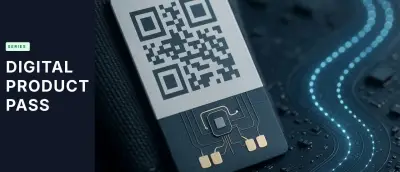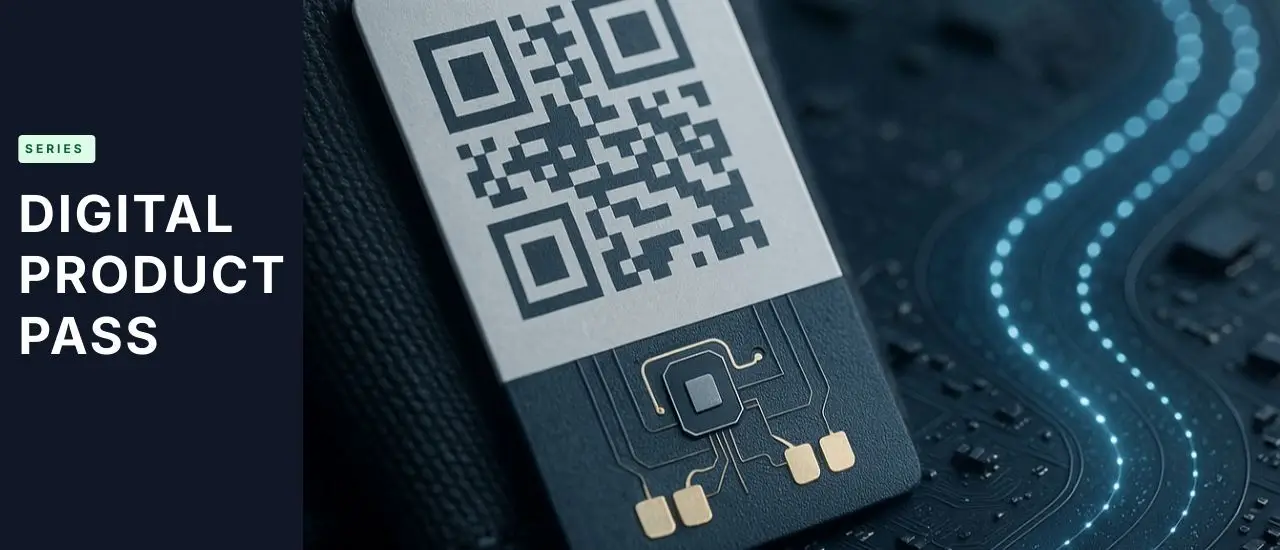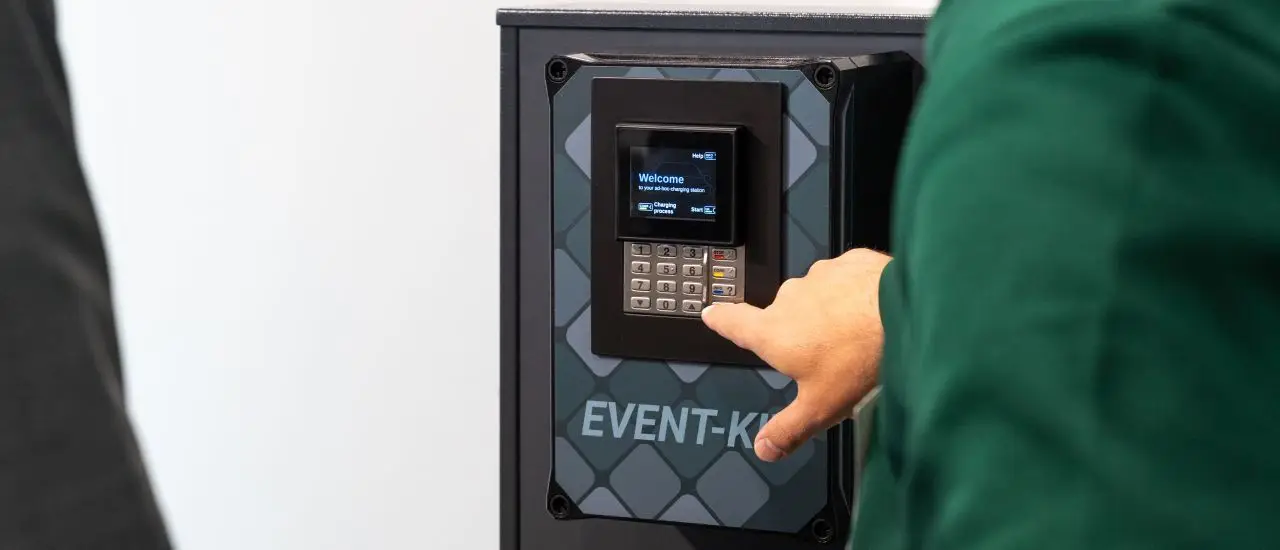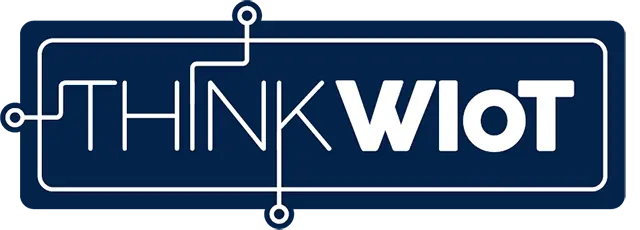Interview with Yiwen Jin
1. Mr. Jin, what technology do you use to manufacture transponders?

Yiwen Jin, a graduate of the renowned Ludwig Maximilian University (LMU) of Munich, was first introduced to the amazing world of RFID technology way back in 2000. He started his career in the sales department of a top mechanical engineering company right away. In 2006, he took the plunge and founded B-Id, a cutting-edge company that would help him turn his visionary ideas into reality in the development of RFID products and solutions in Europe.
Yiwen Jin: Our main focus is on developing transponders for industrial applications. We have been developing high-tech RFID transponders since 2002. We use SMD (surface mounted device) technology to produce our UHF labels and inlays.
This involves precisely separating individual chips from the wafer and packaging them so that two contact surfaces are created for connection to the antenna. To increase robustness, the antenna is soldered directly onto the chip.
Metallic surfaces can reflect or absorb RFID signals. This can affect the readability of the tags. Extreme temperatures, chemically aggressive environments, liquids or proximity to high-voltage power lines are further challenges. Solutions are available for these challenges by using special transponders.
Yiwen Jin: Our main focus is on developing transponders for industrial applications. We have been developing high-tech RFID transponders since 2002. We use SMD (surface mounted device) technology to produce our UHF labels and inlays.
This involves precisely separating individual chips from the wafer and packaging them so that two contact surfaces are created for connection to the antenna. To increase robustness, the antenna is soldered directly onto the chip.
Metallic surfaces can reflect or absorb RFID signals. This can affect the readability of the tags. Extreme temperatures, chemically aggressive environments, liquids or proximity to high-voltage power lines are further challenges. Solutions are available for these challenges by using special transponders.

Yiwen Jin, a graduate of the renowned Ludwig Maximilian University (LMU) of Munich, was first introduced to the amazing world of RFID technology way back in 2000. He started his career in the sales department of a top mechanical engineering company right away. In 2006, he took the plunge and founded B-Id, a cutting-edge company that would help him turn his visionary ideas into reality in the development of RFID products and solutions in Europe.
Selecting the perfect RFID transponder is an exciting process! There are a few key factors to consider: What is the environment in which it will be used? What goods are to be labeled? What reading range is required? Answering these questions is crucial, as customized transponders are often required to ensure the best possible performance.

Yiwen Jin
Managing Director
2. What should companies consider when choosing between a soft and a hard label?
Yiwen Jin: RFID tags connect physical objects to digital systems that collect and process their data. There are two main types of tags: soft and hard. When choosing transponders, companies must consider the application's physical and operational needs.
The material of the objects and the required robustness are important factors in the decision. The way the transponders are attached is also important. They can be glued, screwed, nailed, pressed in, or molded with plastic. Sometimes, products need to be customized to work well in specific situations.
For example, they might need to function well in a metal environment or withstand high temperatures. Our tests have shown that a combination of copper-polymide inlays with an FR4 housing can withstand temperatures over 200°C for over 20 hours.
3. Can you say more about the importance of the robustness of RFID transponders for industrial applications?
B-Id
- Developer, manufacturer and supplier of RFID hardware (LF, HF, UHF)
- Founded in 2006
- Main locations: Germany and China
- Branch in the USA since 2015
- Production facilities in China
- Production volume: 400,000 key fobs and around five million cards per month
Yiwen Jin: RFID transponders must be able to withstand extreme stresses in industrial environments without losing their functionality. Standard transponders are insufficient in such scenarios. Even with a high protection class, sandblasting can damage the housing and internal electronics of a transponder. Therefore, we have developed a special transponder that is designed for precisely these extreme conditions.
The robustness of RFID transponders is crucial because they are exposed to mechanical, thermal and chemical influences in many industrial applications. To ensure the reliability of data collection and the lifespan of the transponders, a high level of resistance to external influences is essential.
Yiwen Jin: RFID transponders must be able to withstand extreme stresses in industrial environments without losing their functionality. Standard transponders are insufficient in such scenarios. Even with a high protection class, sandblasting can damage the housing and internal electronics of a transponder. Therefore, we have developed a special transponder that is designed for precisely these extreme conditions.
The robustness of RFID transponders is crucial because they are exposed to mechanical, thermal and chemical influences in many industrial applications. To ensure the reliability of data collection and the lifespan of the transponders, a high level of resistance to external influences is essential.
B-Id
- Developer, manufacturer and supplier of RFID hardware (LF, HF, UHF)
- Founded in 2006
- Main locations: Germany and China
- Branch in the USA since 2015
- Production facilities in China
- Production volume: 400,000 key fobs and around five million cards per month
4. Can you give further examples of applications that require extremely robust RFID transponders?
Yiwen Jin: Yes, of course. In dentistry, for example, RFID tags need to withstand the high temperatures and pressures of autoclave sterilization processes. This also applies to the healthcare industry, as many medical devices and instruments require durable RFID tags that can survive such rigorous sterilization procedures.
In laboratories or chemical production plants, equipment is used that is exposed to aggressive chemicals or is in close proximity to them. RFID transponders attached to this equipment must continue to function reliably even when exposed to such chemicals. One example of this is our UHF On-Metal Hard Tag, which is equipped with a plastic housing and tolerates pH values between 1 and 13.
The automotive industry also requires extremely robust RFID transponders. A soldered connection between the RFID chip and antenna ensures particular stability and guarantees that the transponder remains functional even under harsh environmental conditions. RFID transponders can be attached directly to or embedded in car parts. One example of this is RFID tire tags. Our UHF RFID vehicle tag can be attached to car headlights, for example.





